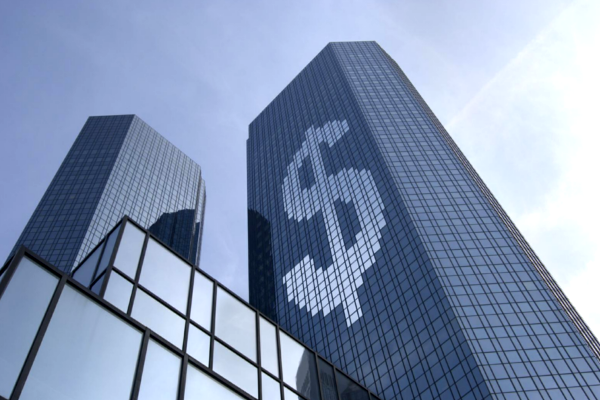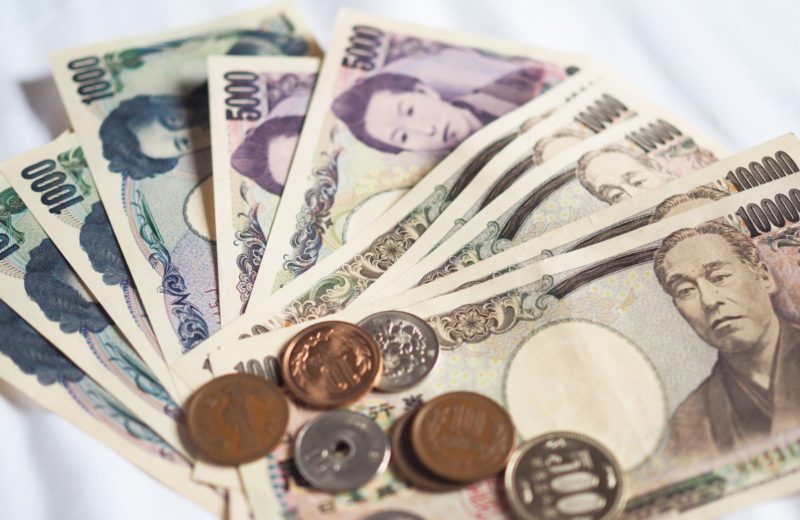Officials from the Federal Reserve announced their anticipation of a slowdown in bank lending. Critics link the decision to the potential impact of turmoil on economic growth this year. However, the exact magnitude is unknown. A lot of the potential consequences hinge on what happens next.
If the banking instability ends in the upcoming weeks, lending and financing conditions may revert to more or less normal. The impact on the economy may not be as drastic.
The harm might be significant if the turbulence persists. Fewer firms will be able to expand and recruit new employees as a result of the banking issue, among other problems. These issues might be sufficient to cause America to enter a recession.
Neel Kashkari, the president of the Minneapolis Fed, emphasized that it is unclear how much of these banking stresses are leading to a widespread credit crunch.
Due to the turmoil, certain capital markets remain shut down for weeks. If such a tendency continues, the economic impact will likely be substantial.
Investors and economists are concerned about the impact of the banking crisis on commercial real estate
At the beginning of this month, the riskiest companies left the debt markets. While their borrowing costs were particularly high, some of the healthiest corporate borrowers were able to issue bonds once again this week. Such an outcome is considerably encouraging.
Investors and economists are looking for additional dangers, such as how the banking crisis will affect commercial real estate, considering the pandemic fallout.
Officials from the Fed have been reluctant to intervene too forcefully since the extent of the consequences is so unpredictable. This week, central bankers increased interest rates by a quarter point to combat inflation while expressing uncertainty about what would come next.
Following the rate hike, Jerome H. Powell, the Fed chair, addressed the media. He pointed out that events in the financial system over the past two weeks will likely lead to tighter lending conditions for families and companies, which would, in turn, affect economic results. It is too early to say how monetary policy should react because it is too early to know the degree of these consequences.
The risk premium on a corporate debt has also increased due to banking problems. For instance, between March 9 and March 20, euro high yield spreads relative to risk-free rates increased by 140 basis points.
Nonetheless, such spreads remain substantially below the recession levels during the 2020 COVID-19 pandemic. Therefore, concerns about a credit market recession are quite minimal.
















